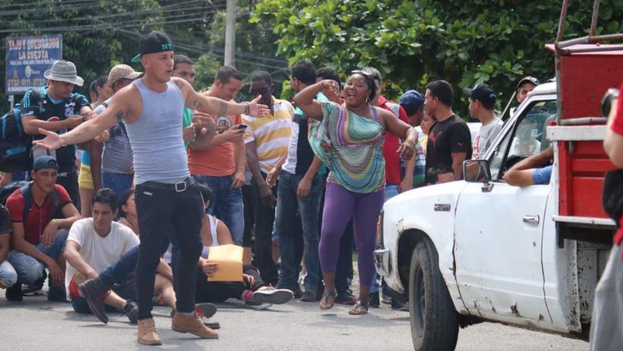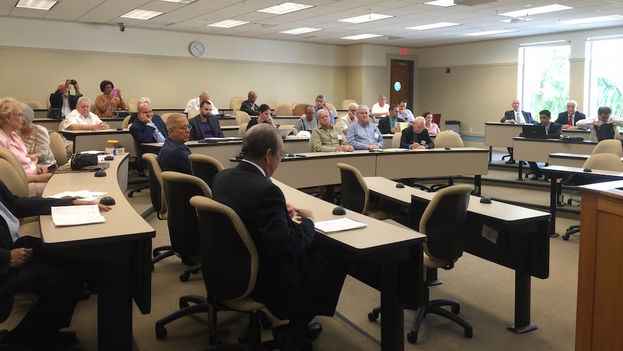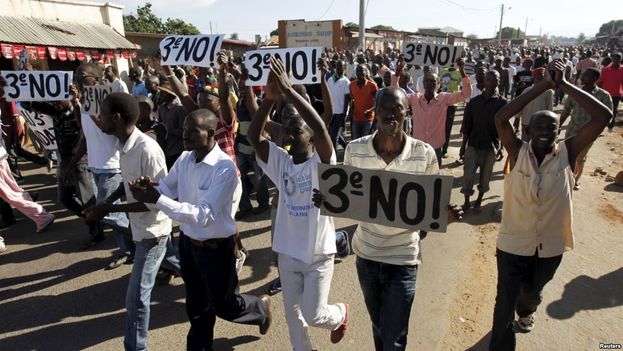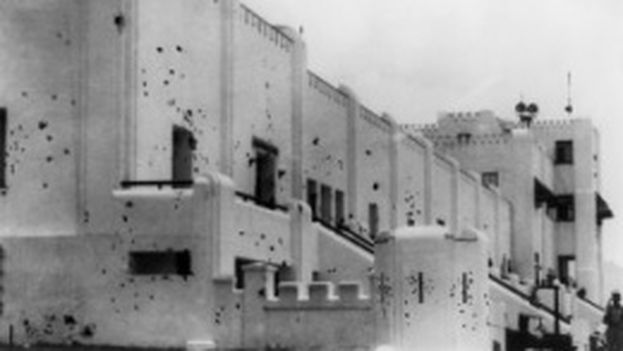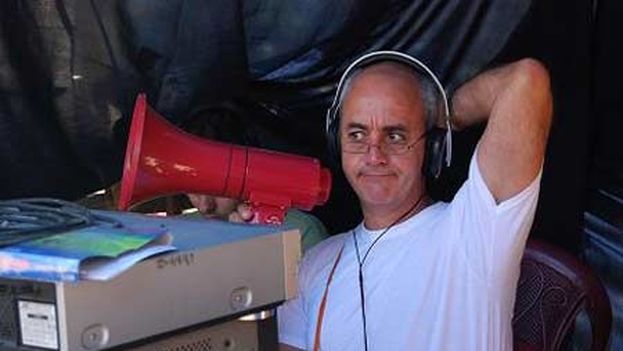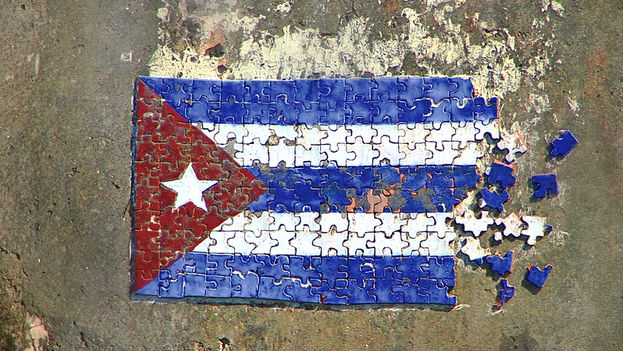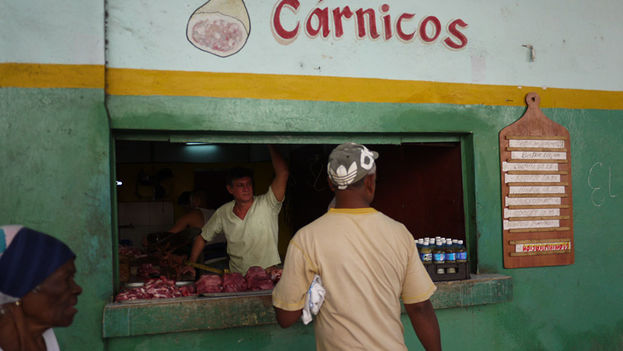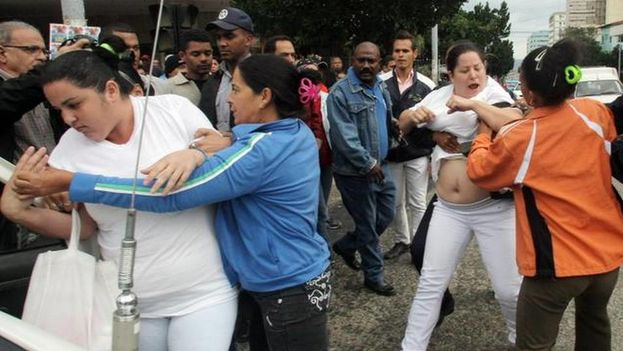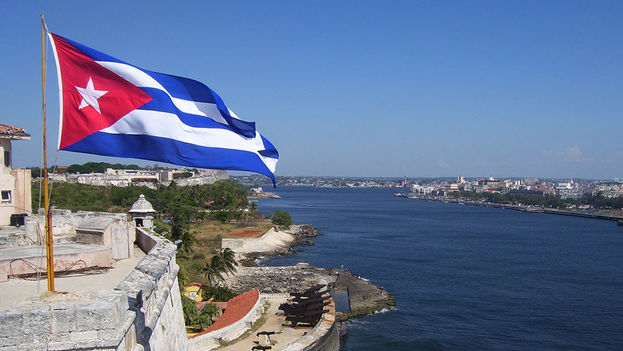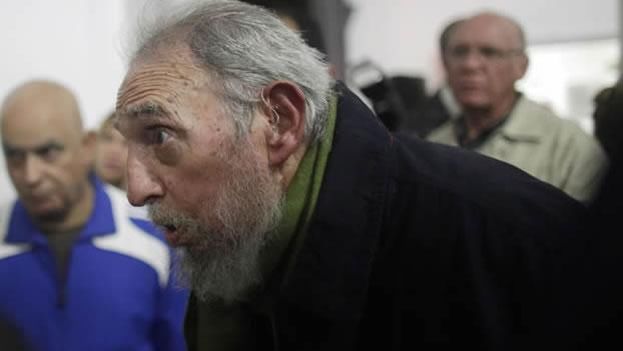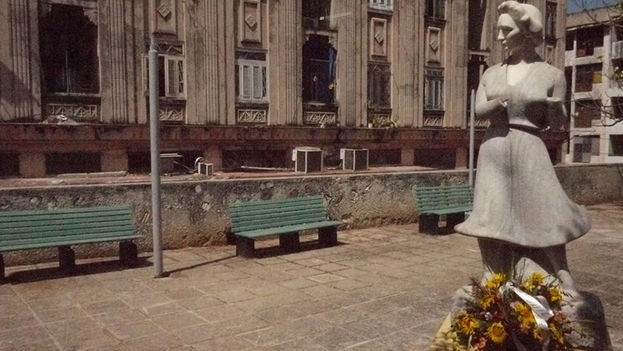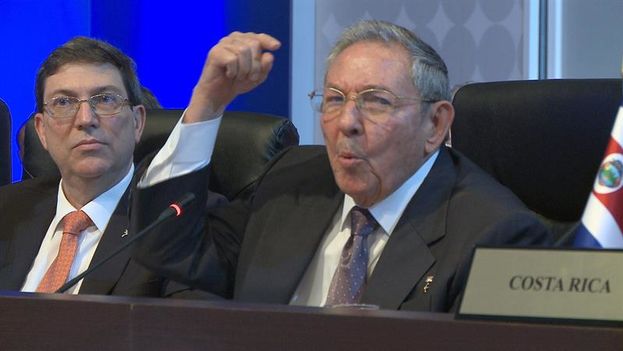However, there are also rational reasons because opponents gather in separate airtight rooms. First of all, in political vocations. Liberals, socialists, Christian democrats, anarchists, social democrats and other less profiled denominations assume positions about certain topics that can become irreconcilable.
The mere fact of recognizing these nuances sparks commentary from all sides that the most important thing is to dislodge the tyrants from power and that such minutiae can wait until democracy is achieved. But it is not enough to make the immense sacrifice of overlooking future programmatic differences. The spokes in the wheel, the weights, the headwinds, the points of honor that hinder or prevent reaching agreement usually arise from unexpected places.
The Cuba-US Dispute
Before December 17, 2014 the discussion centered on whether or not the US economic restrictions toward the island should be maintained, what some call “the blockade” and others “the embargo.” The mere choice of one of these words has prevented prestigious leaders from signing a collective declarationen masse. On this plane we also find the issue of Americans traveling to the island, the reopening of embassies and eventual normalization.
Some are betting that the rigidity of the Cuban system cannot be maintained in an environment of good economic and diplomatic relations with the neighbor to the north. Others believe that the commercial interests of the United States could take precedence over human rights and in the end would award the Cuban Government the benefit of undeserved legitimacy.
The recognition of the reforms made by the Government
Between those who think that, “As long as what has to change isn’t changed, nothing has changed here,” and those who believe that “In this house of cards the slightest movement could lead to the collapse,” there is a large gradation.
This has led some to consider self-employed people as accomplices to the dictatorship, because with the payment of their taxes and their growing habits of consumption they sustain the dictatorship. While others see them as the most dynamic part of the population, who by empowering themselves economically could point the way to political emancipation in defense of the middle class.
The reluctance at every step of the reforms, adjustments, or whatever they prefer to call them, awakes in some the suspicions that it is all about an operation of recycling to maintain themselves in power – a fraudulent Change – and in others hopes that behind every little change there could be lurking a tropical Boris Yeltsin.
In the event that the announced but not yet proclaimed legislation opened the tiniest crack for the participation of the opponents, the divisions would become more pronounced
The attitude toward elections
Not going to vote, voiding or leaving the ballet blank and, more recently, casting one’s vote in favor of a lesser evil or for some malcontent who has managed to get past the controls, are the different attitudes with which some want to demonstrate their disagreement.
The Government’s announcement that it will formulate a new Electoral Law has given the issue new scope for disagreements, as there are those who believe it makes sense to disseminate proposals that could open a space to something like a multiparty system; on the other hand, those who see in the new law another maneuver by the regime to buy time or who call for an independent plebiscite.
In the event that the announced but not yet proclaimed legislation opens the tiniest crack for the participation of the opponents, the divisions would become more pronounced between those who accept involving themselves in the hard-fought elections, and those who consider participation in them as something that gives the game to the dictatorship, and even as a betrayal.
In the street or indoors
Although a consensus is seen in the opposition for the renunciation of violent methods, especially weapons or terrorism, there is a clear difference between those who have chosen to express their differences by going out into the streets, and those who express their critiques through documents, programs or opinion columns. From both sides there are sincere calls to weigh as valid the methods chosen by each grouping or individual, but still, in isolation, expressions appear that label a posture as uselessly provocative proposals of victims, and another as a convenient methodology, free of risk and displaying little solidarity with those who dare to receive beatings.
We are not willing to easily give way before a semantic dilemma; we all agree that it would be easy for the other to accept our terminology
Terminology
I have left for the end an element that affects the text that I am writing. The difference between use the labels Government or the authorities, and others who use the terms regime, dictatorship or tyranny, is perhaps one of the most frequent differences in the opposition endeavor. Other incompatible binomials enter there, like the already mentioned embargo-blockade, or election-voting reforms-cosmetic changes, exile-diaspora, not to mention how difficult it is to classify someone as an opponent, dissident, activist, or independent journalist.
To this is added the generational definitions, which mark a dividing line between those who have spent “more than thirty years in the opposition,” and the recent arrivals; or the contrast between having suffered a prison sentence versus having been detained for only a few hours.
We Cubans depend too much on orality, and are not willing to easily give way before a semantic dilemma. Moreover, we all agree that it would be easy for the other to accept our terminology.
Of course this is an incomplete inventory, I could have mentioned the way in which the role of the churches is seen in the problematic Cuban politics; the choice between remaining on the island and leaving for exile; the relentless pursuit of “doing something” or the patient resignation that time and biology will do its work; with or without dialog with the Government; resisting arrest or letting them take you prisoner; accepting financing from foreign organizations or rejecting it on principle; attending a government-sponsored “Rendering of Accounts” to channel complaints, or not attending to deny its legitimacy; going abroad to participate in events or declining invitations to not miss even a minute of the main struggle, and so on, until we run out of imagination in choosing the very colors of our arrogant identity.

